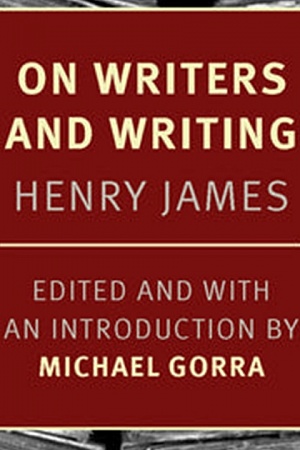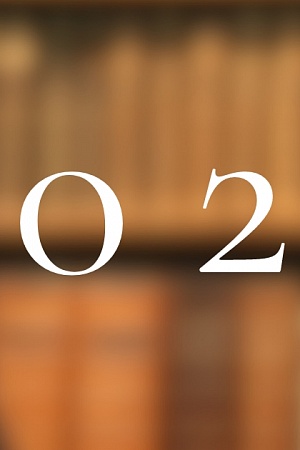Machines Like Me
Jonathan Cape, $32.99 pb, 320 pp, 9781787331679
Machines Like Me by Ian McEwan
Ian McEwan’s new novel imagines an alternative history of England in the 1980s, one in which Argentina won the Falklands War and Margaret Thatcher was subsequently trounced at the polls. It also projects an alternative narrative of scientific progress, one in which the brilliant mathematician Alan Turing did not die in 1954, victimised because of his homosexuality, but instead lived on into a ‘glorious patrician present’ to become the ‘presiding genius of the digital age’. Digital communication is presented here as having become ‘a daily chore’ by the early 1970s, with these characters in 1982 communicating regularly by email. The novel’s plot turns on Turing’s invention of robotic prototypes, known as Adam and Eve, one of which ends up as the property of the novel’s first-person narrator, Charlie. Adam’s speed and dexterity in cognitive processing makes a fortune for Charlie on the Asian currency markets, but Adam eventually asserts his independence, becomes Charlie’s love rival and has to be eliminated.
Continue reading for only $10 per month. Subscribe and gain full access to Australian Book Review. Already a subscriber? Sign in. If you need assistance, feel free to contact us.











Leave a comment
If you are an ABR subscriber, you will need to sign in to post a comment.
If you have forgotten your sign in details, or if you receive an error message when trying to submit your comment, please email your comment (and the name of the article to which it relates) to ABR Comments. We will review your comment and, subject to approval, we will post it under your name.
Please note that all comments must be approved by ABR and comply with our Terms & Conditions.